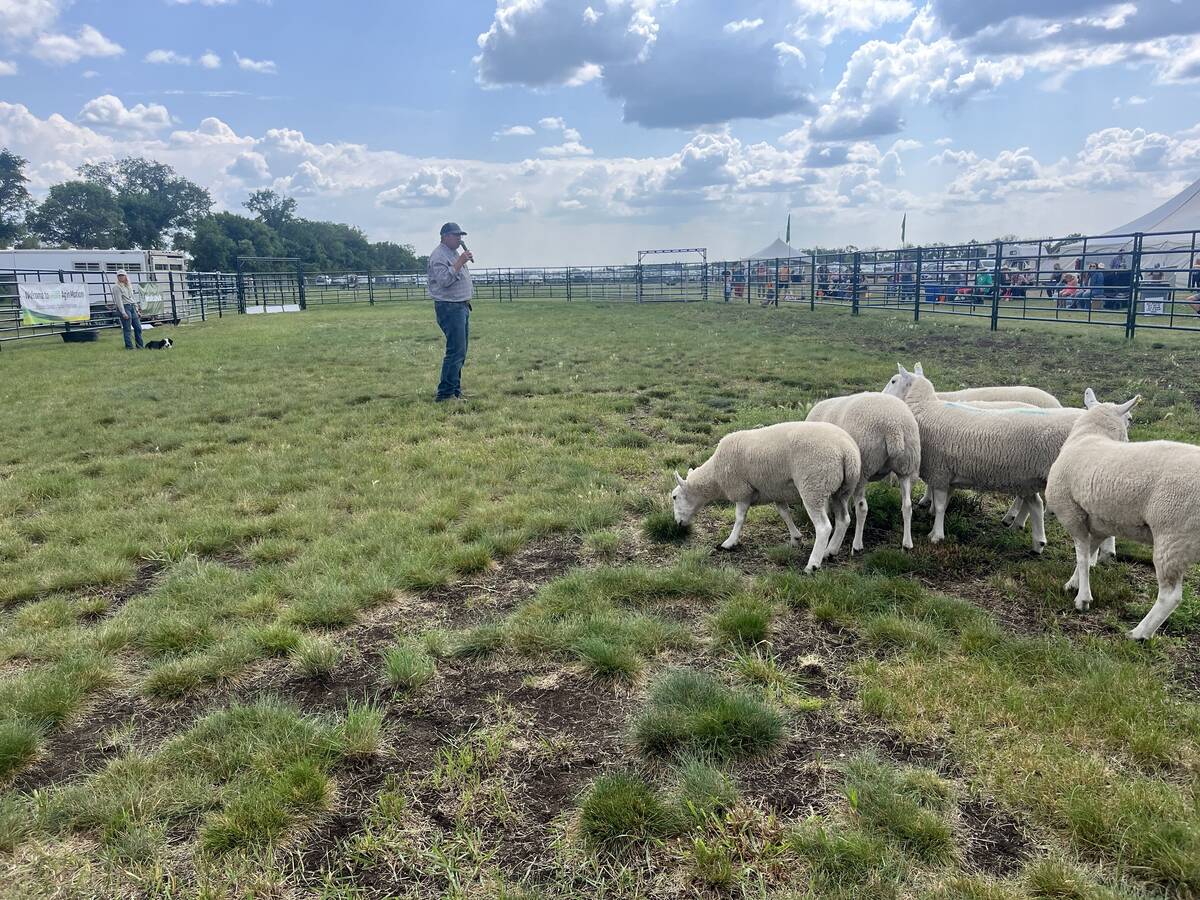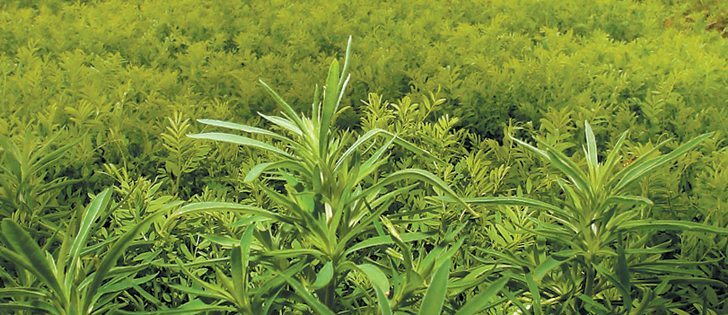Disease DNA discovered in soil | Two fields test positive but no symptoms seen in plants
Manitoba is still officially free of clubroot, but DNA of the disease has been discovered in the province.
Manitoba Agriculture announced in late April that soil samples taken last August from two canola fields tested positive for clubroot DNA at extremely low levels.
The positive tests came from samples taken as part of the Manitoba Canola Disease Survey and represent the first time clubroot DNA has been identified in the province.
Despite the positive results, Manitoba doesn’t technically have clubroot, said Holly Derksen, plant pathologist with Manitoba Agriculture.
Read Also

Stock dogs show off herding skills at Ag in Motion
Stock dogs draw a crowd at Ag in Motion. Border collies and other herding breeds are well known for the work they do on the farm.
“We’re specifically saying that Manitoba is still clubroot-free because we haven’t had symptoms on plants. In this field there are no symptoms observed on the plants,” she said.
Manitoba Agriculture is not releasing the locations of the positive tests.
Manitoba Agriculture staff also took soil from the positive samples and used it to grow Chinese cabbage in a greenhouse. Chinese cabbage is highly susceptible to clubroot, but the plants didn’t show signs of the disease.
Derksen said the lack of plant infection in the field or the greenhouse means plant pathologists can’t come to a definitive conclusion.
“At this point we can’t say for sure if this represents viable spores or spores able to cause infection. All we know is that clubroot DNA is present.”
Bill Ross, executive manager of the Manitoba Canola Growers Association, said it’s not shocking that clubroot DNA has been found.
The discovery probably has more to do with sophisticated detection methods rather than the disease moving into the province, he added.
“In discussions with oilseed specialists, they figure that clubroot has been around since the ’20s,” he said.
“It’s just that our testing for it is so good now that we can find minute amounts.”
Nonetheless, Ross said canola growers cannot ignore this discovery. The canola growers association helps fund the canola disease survey, so producers can take the appropriate action to prevent disease.
“You need to know what’s out there,” Ross said. “It (the clubroot discovery) is a concern and now for producers, it’s up to them to take a little bit more precaution.”
For example, Ross said producers should take the time to remove clumps of mud from equipment before entering a field.
Manitoba Agriculture has also suggested other preventive measures that producers should employ.
“The use of disease-resistant varieties when growing canola, proper crop rotation and good weed management of alternate hosts will decrease the likelihood of a soil-borne disease infesting a field,” it said in a news release.
“These practices will also help prevent heavier infestations from developing within a field where a disease may already be present at undetected levels.”
Clubroot is a soil born disease that can affect canola, mustard, radish and cabbage crops. It results in deformed roots that reduce nutrients to the plant, reducing yields.

















